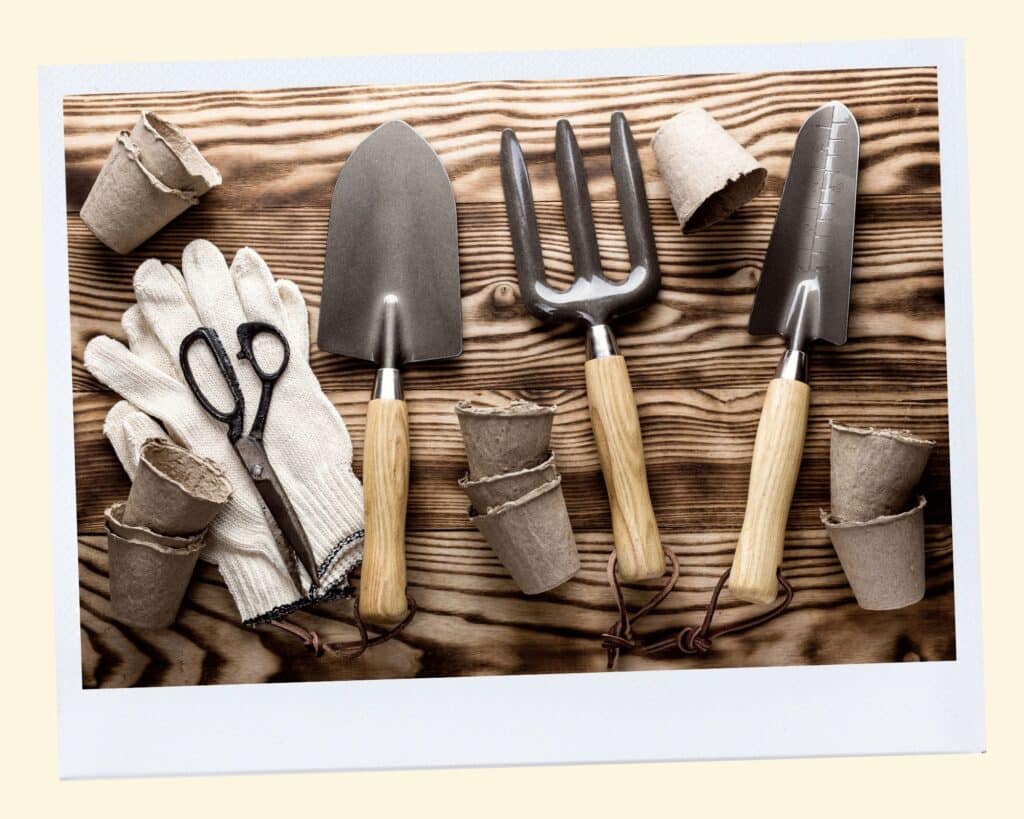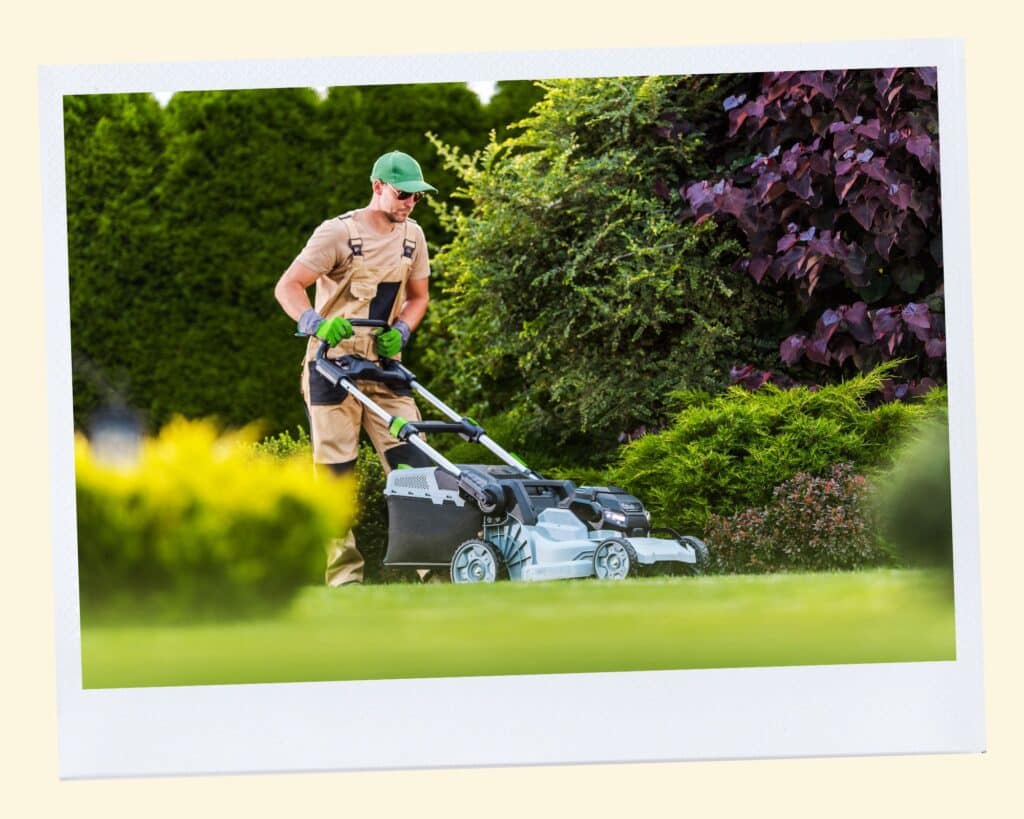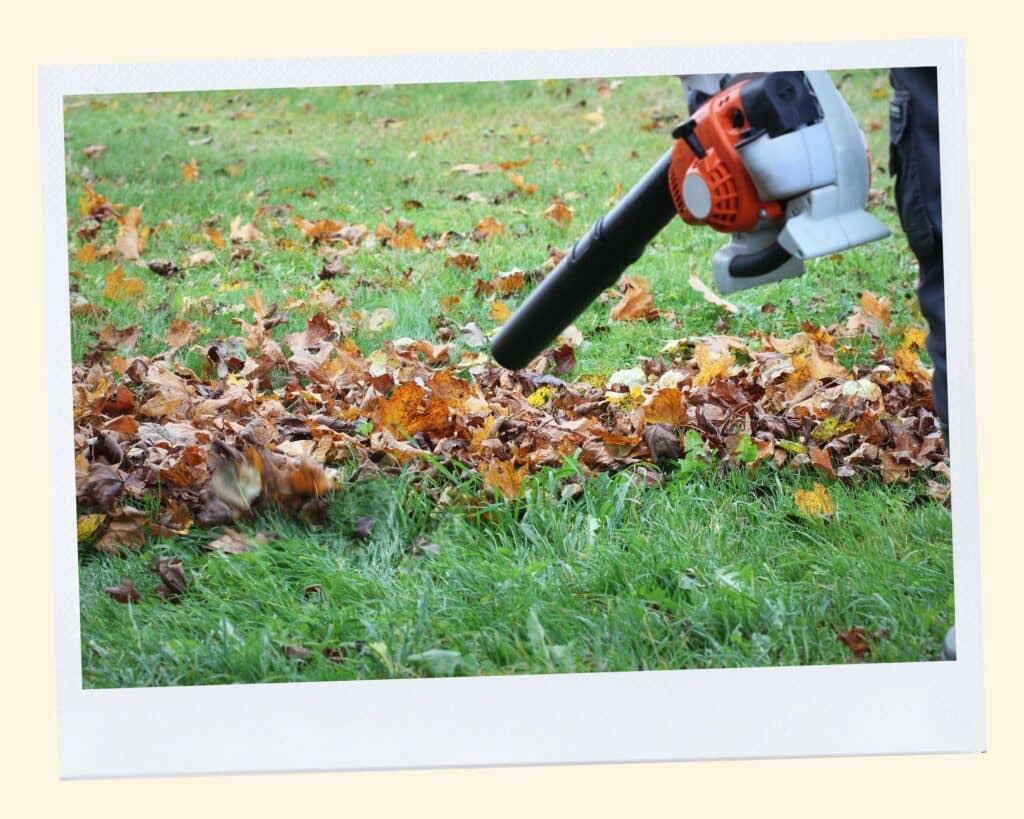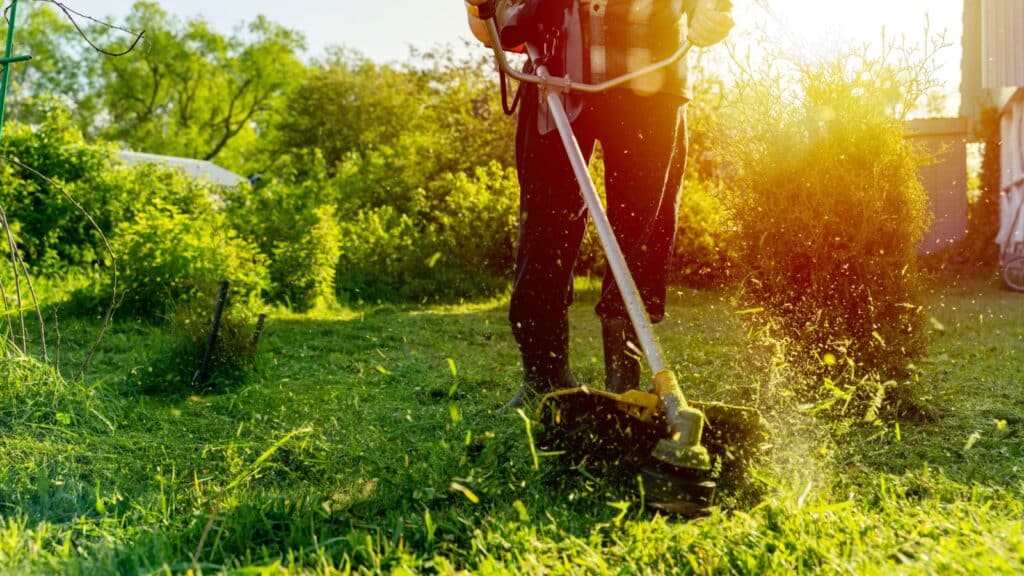Garden tools come in many forms – each with their own pros and cons. Manual tools are the most traditional option and can help save you money. Electric tools are a more modern option that can improve efficiency. And then there are petrol tools – the most powerful and heavy duty option. Which types of tools should you buy? It depends on your budget, your lifestyle, your gardening needs and your personal ethos. This guide delves more into the differences between each of the types of tools.
Manual tools

Manual tools are the cheapest options to buy and are suitable for many basic garden applications. They are also typically the quietest and most environmentally-friendly tool options. Solely using manual tools to maintain your garden can be time-consuming however and a bit of a workout. Sometimes there is no convenient alternative to a manual tool (for example, there is no alternative to a trowel). However, in other instances, power tools are far more efficient.
Examples of manual tools:
- Rake: Many gardeners use a rake for tidying up leaves, preparing beds and smoothing out gravel. A decent metal rake doesn’t cost a lot to buy and can last for years.
- Shears: Shears are a traditional way to trim back long grass and hedges. Secateurs are a small version that are useful for pruning smaller plants, while loppers can be used to cut branches.
- Hand push mower: Although a lot less popular nowadays, you can still buy hand push mowers that don’t use petrol or electricity. They don’t disturb the neighbours and may be all that’s necessary for a small lawn.
Electric tools

Electric garden tools are a modern option that are powered by electricity – either by plugging them into an outlet via a cable, or using a rechargeable battery. Rechargeable batteries such as this Worx 20v battery tend to be the most popular option because you don’t have to worry about a cable getting in the way or running out of cable length. However, a battery-operated electric tool will run out of charge eventually, whereas a plug-in tool won’t so long as it is kept plugged in. Electric garden tools can be some of the most expensive tools to buy and will contribute to your energy bill, however they tend to be more reliable than petrol tools, while also being less noisy and less polluting.
Examples of electric tools:
- Electric leaf blower: Instead of manually clearing up leaves with a rake, you could consider using an electric leaf blower. Electric leaf vacuums are also an option.
- Electric hedge trimmer: An electric hedge trimmer could make trimming back plants much easier than using shears. Battery-operated versions are recommended (many people with plug-in options accidentally cut through the wire).
- Electric lawn mower: Electric lawn mowers are quieter and more reliable than petrol mowers. They also make cutting grass much easier than using a hand push mower. Some electric mowers are even fully automated and can literally mow your lawn for you, but are a lot more expensive to buy.
Petrol tools

There are many garden power tools that you can buy that are operated by petrol. These are more powerful than electric tools and are often recommended for larger gardens – they will typically last longer than a battery-powered electric tool. That said, many gardeners have started switching to electric tools because petrol tools can be noisy, less eco-friendly and more expensive to fix if they break. For many small gardens, there is no real benefit of having a petrol power tool instead of an electric one.
Examples of petrol tools:
- Petrol leaf blower: Whereas electric leaf blowers can run out of charge quite quickly, petrol leaf blowers can last for hours on a full tank. They are also more powerful and can clear debris more quickly. They are heavy and noisy though.
- Petrol hedge trimmer: Petrol hedge trimmers may be worthwhile for gardeners with long hedgerows – whereas an electric hedge trimmer may run out of charge after an hour, a petrol hedge trimmer can be used for lengthier periods.
- Petrol lawn mower: Petrol mowers are recommended if you have a large lawn or a sloped lawn. Although noisy and heavy, they can cover large areas quite quickly and can more easily tackle hills. Ride-on mowers are a good option for extensive lawns.
Conclusion
A mix of different types of tools is often recommended. Manual tools are required for many basic jobs, but can also be used on larger jobs for those who have the patience and want to save money. Electric tools are recommended for those that want to save time on garden maintenance tasks, but want a tool that’s less noisy and polluting than a petrol tool. When it comes to heavy-duty tasks, petrol tools may be the best option – they are more powerful and be used for longer periods than battery-powered tools.
More Ideas from this Category







